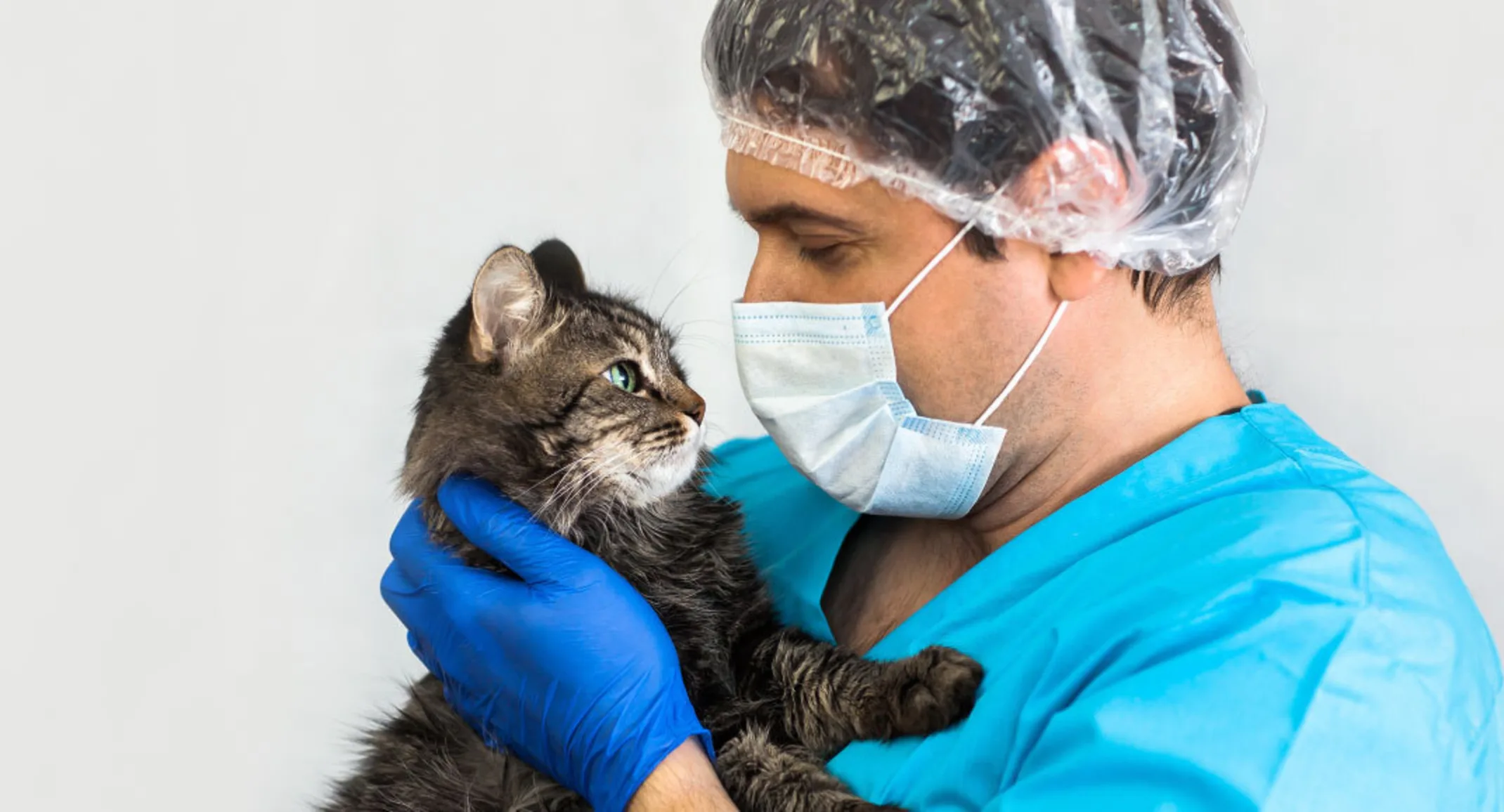Coronavirus Message To Our Clients
In The News

Here's what we are doing at Arizona Veterinary Emergency and Critical Care Center (AVECCC) to help reduce the spread of the Coronavirus and facts you need to know about COVID-19 and your pet:
Our staff is following an updated and rigorous hourly cleaning and disinfection protocol, especially in high traffic/touch areas including our lobby, exam rooms, and tablets. Our employees always wear gloves when handling patients and are disinfecting their hands between each patient and client.
We are encouraging clients to wait in their vehicles or outside with appropriate "social distancing" while they are not directly interacting with a staff member. We will send you a text message or call you on the phone number provided when our team is ready to see you and your pet.
As a precaution, we will not be shaking hands or sharing writing utensils at this time. Please drop your pet into disinfectant or take the pen with you when you leave our building.
We have informed our employees that anyone who has a fever, cough, and shortness of breath should stay home from work. You may experience longer than normal wait times due to increased patient volume and/or altered staffing levels. Be assured that your pet's health is our top concern and thank you for your patience and understanding.
Please let us know if you or someone in your household has had any exposure or symptoms of COVID-19 so we can make special arrangements to limit exposure. Call from your car to discuss the situation.
Visits to hospitalized in-patients will be limited. Only patients being cared for by the critical care service AND hospitalized in the ICU and whose owners do not have any respiratory symptoms can visit their pets. No personal items can be kept with the pet while hospitalized including blankets, toys, collars, leashes etc. Please continue to respect social distancing recommendation.
We are staying informed through the American Veterinary Medical Association (AVMA), the U.S. Centers for Disease Control and Prevention (CDC), the U.S. Food and Drug Administration (FDA), the World Health Organization (WHO), and international organizations to gain the latest resources and recommendations on the disease.
According the AVMA, there is no evidence at this point to indicate that pets become ill with COVID-19 or that they spread it to other animals, including people. Infectious disease experts, as well as the CDC, OIE, and WHO indicate there is no evidence to suggest that pet dogs or cats can be a source of infection or spread COVID-19. More investigation is underway and as we learn more, we will update you. However, it is always a good idea to wash your hands before and after interacting with animals.
We, like you and your families, are proceeding with an abundance of caution during this time and wish all a safe and healthy Spring. Thank you from the AVECCC team!
